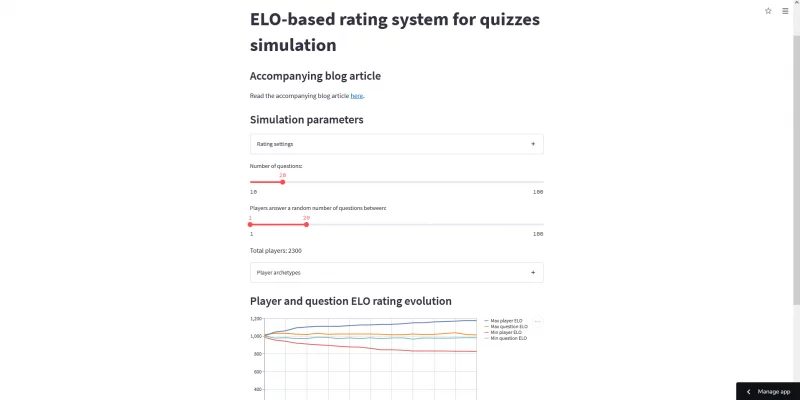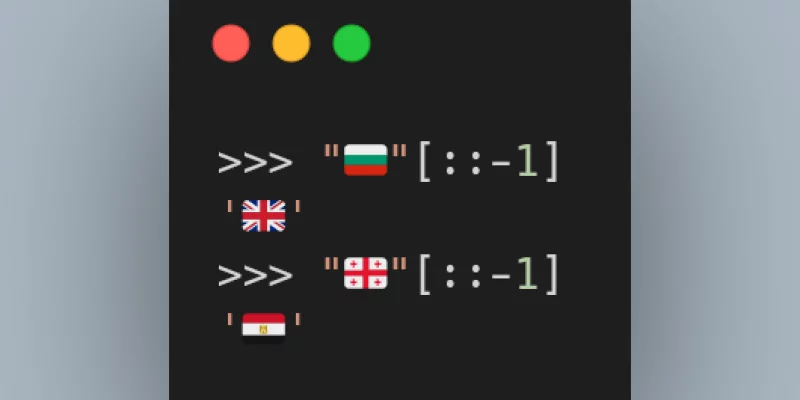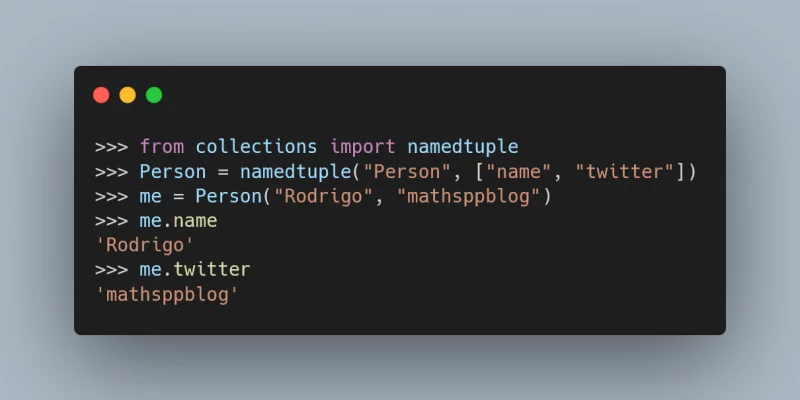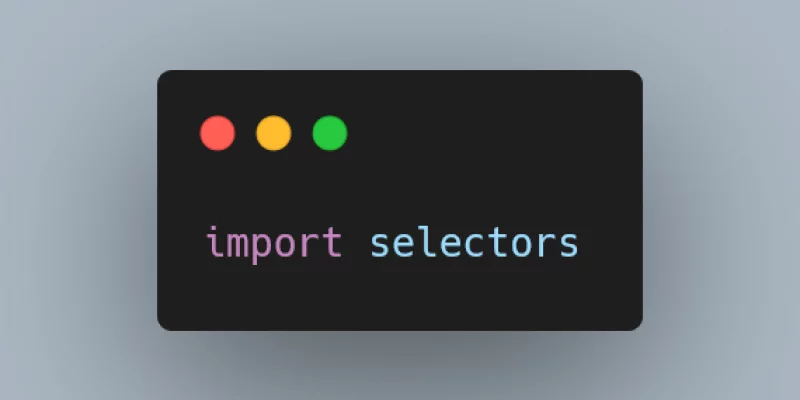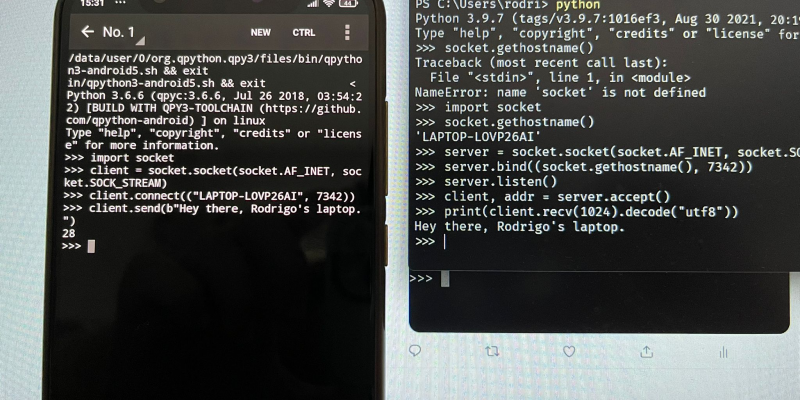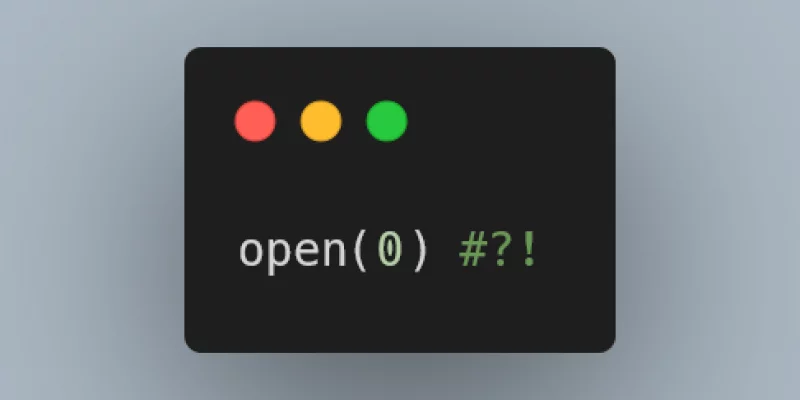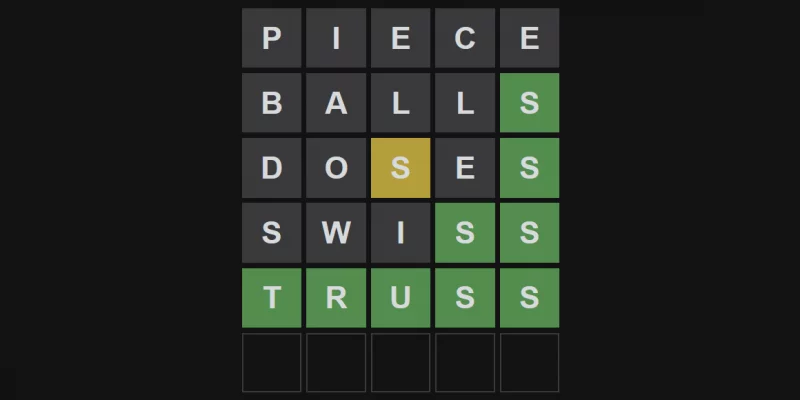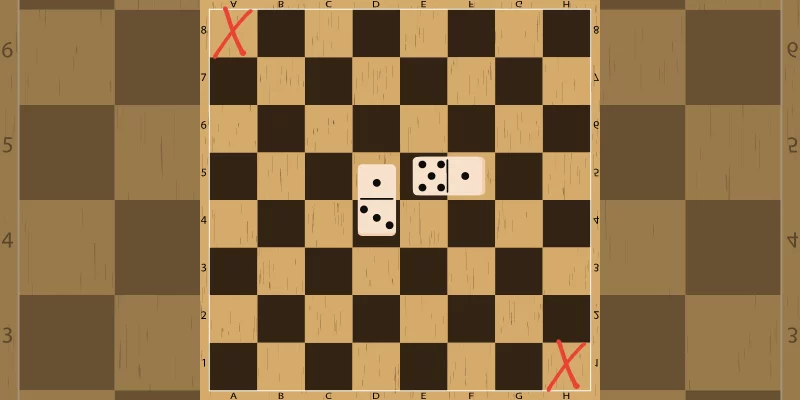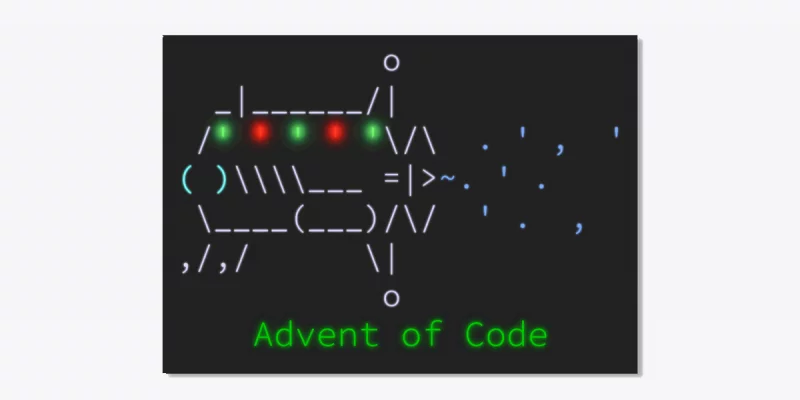Join me as I create a simulation that tries to test an Elo-based rating system for quizzes.
Today I learned that you can build web apps with Python using streamlit.
Today I learned that the reverse of some flag emoji are other flags!
Create a simple chatroom server in Python by following along this tutorial series.
Today I learned how to use the namedtuple from the module collections.
Today I learned about the Python module selectors to manage multiple socket connections.
Dive into the world of socket programming with this Python tutorial that assumes 0 prior experience.
In this article we try to crack Wordle, a variation of mastermind played with (English) words.
Today I learned that the module contextlib provides with a context manager to suppress specified errors.
Let me tell you why it is impossible to truly master Python, but also show you how to get as close to it as possible.
This article is an in-depth analysis of Python solutions to the “Sonar Sweep” problem, which is day 1 of Advent of Code 2021.
Today I learned about the symmetry in indexing from the beginning and end of a list with the bitwise invert operator.
